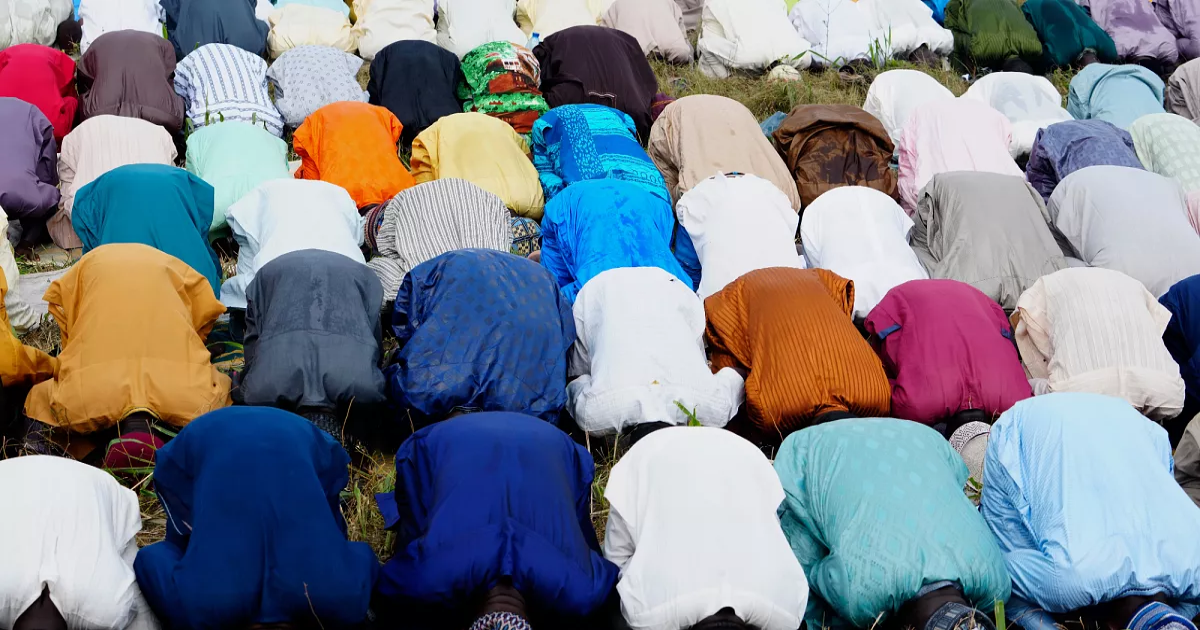Muslims around the world bid farewell to the Islamic holy month of Ramadan and celebrated the holiday of Eid al-Fitr on Sunday.
As every year, Eid was greeted with joy and excitement as Muslims marked with congregational prayers and festivities that typically include family visits, gatherings and new clothes.
In Jerusalem, thousands of Palestinians gathered on Sunday at the al-Aqsa Mosque compound in the Old City for Eid al-Fitr prayers.
In Serbia, the Islamic community held its central Eid ceremony in the Arab mosque in Novi Pazar, also marking the occasion with communal prayers.
In the Portuguese capital of Lisbon, Muslims gathered in outdoor prayer spaces. Families donned new clothes and visited loved ones, blending tradition with modern festivities.
Meanwhile, in Islam’s holiest city of Mecca, millions of pilgrims and locals joined in mass prayers at the Grand Mosque, underscoring the spiritual heart of the celebration.
Elsewhere in the Middle East, Syrians celebrate their first Eid al-Fitr since the end of more than half a century of being ruled by the al-Assad family.
Like Ramadan and other Muslim observances, the timing of Muslim months and holidays generally depends on the lunar cycle, specifically the sighting of the Moon’s crescent following the new Moon.
In many parts of the world, dedicated teams of moon-sighters will scan the sky with telescopes and binoculars, hoping to catch a glimpse of the elusive crescent moon.
Eid al-Fitr overshadowed by war
For some Muslims, this year’s Eid was far from a joyous occasion as their communities are ravaged by war.
Residents of the Gaza Strip are observing their second Eid al-Fitr since the start of the war between Israel and Hamas.
They had little to celebrate on Sunday, as they marked a normally festive holiday with rapidly dwindling food supplies and no end in sight to the conflict.
Israeli strikes overnight into Sunday killed at least 19 people, mostly women and children, according to officials of the Hamas-run health ministry in Gaza.
Israel put an abrupt end to its ceasefire with Hamas this month as waves of strikes killed hundreds in the enclave. Meanwhile, food, fuel, medicine and other supplies have been halted.
“It’s the Eid of sadness,” said Adel al-Shaer after attending outdoor prayers in the central town of Deir al-Balah. “We lost our loved ones, our children, our lives, and our futures. We lost our students, our schools, and our institutions. We lost everything.”

